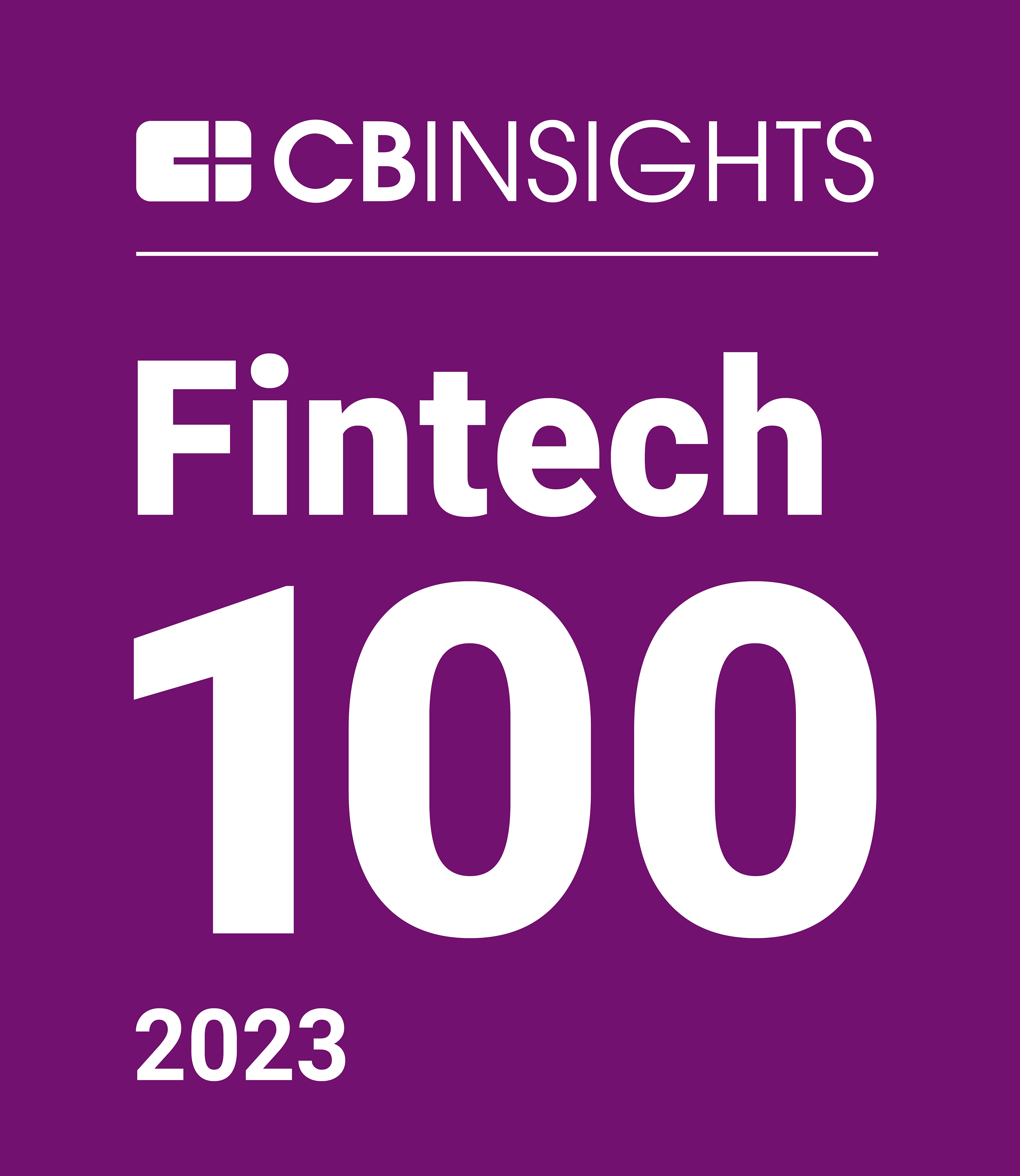VRPs – Are they really a game changer?
There has been plenty of buzz around Variable Recurring Payments (VRPs), with industry players speculating on how it will revolutionise the payments landscape. But could they truly transform the way we handle recurring payments?
The Joint Regulatory Oversight Committee (JROC) is initiating the next phase of Open Banking in the UK by creating the VRP Working Group, led by the Payment Systems Regulator. This group aims to draft a blueprint for non-sweeping VRPs in early October 2023 and roll it out in phases by next year. However, VRP's success hinges on its fragmented implementation and its effectiveness in providing significant consumer value.
In practice, VRPs will work in a similar way to Direct Debits and card-on-file payments: once authorised by the end user, businesses will be able to easily collect payments from their customers on a recurring basis without them having to take any additional action. While the technology driving VRPs is distinct to Direct Debit, the concept of recurring payments isn't novel to most consumers who are very familiar with it already today.
Therefore, although the merchant benefits are clear, the key question still is what significant value will VRPs offer to end users that would make them switch from Direct Debit?
Benefits for merchants.
VRPs promise a range of potential benefits for merchants, the first of which is the potential for heightened cost efficiency. Businesses can retain more revenue by avoiding card payment fees and save time and resources by cutting out the operational costs associated with Direct Debits, such as debt collection, as merchants receive a notification when the VRP is cancelled by the consumer.
Another pivotal benefit is the faster settlement times. Compared to traditional cards on file, VRPs streamline the transaction procedure, ensuring funds are transferred promptly. A notable limitation of cards on file is their expiry dates and card replacements, which can lead to transaction failures and subsequently customer churn. VRPs offer reduced churn, as there are no expiry dates or card replacements – and VRP mandates don’t expire unless revoked by the user or merchant.
Given these advantages, the key use cases for commercial or non-sweeping VRPs include facilitating bill payments, acting as a bank on file for major service providers like Amazon and Uber, managing subscription payments, and B2B invoicing.
Benefits for consumers.
To consumers, VRPs won’t be a game changer; however, they will be able to have greater visibility, flexibility and control over ongoing recurring payments. Consumers will be able to configure from their bank app a series of parameters, such as the maximum amount per payment, mandate start and end date, and maximum amount per week. They will also be able to revoke payment authorisation at any time. This not only avoids the 'set and forget' traps of subscriptions but also empowers users to adjust payment schedules, which is essential during challenging economic times.
Consumers can also oversee their finances more efficiently, as they can view all recurring payments via their online and mobile banking apps without having to juggle between different provider apps. This can help consumers stay on top of their spending and avoid any overdraft fees.
Lastly, there is additional security. VRPs must be set up via a secure, online consent journey through the consumer’s bank, virtually eliminating fraud from lost or stolen card details when comparing it to ‘card on file’ payments. No personal or financial data will be shared with the merchant or saved for future use.
Barriers to adoption.
While VRPs might bring slight benefits to how recurring payments work today, the reality is that there are several hurdles that could hamper widespread adoption.
Firstly, the discordance within the banking sector regarding pricing models. Right now, there is a lack of standardisation of commercial VRPs for banks. Yet, for VRPs to be a real alternative, or at least co-exist, with Direct Debits, banks must develop consistent and appealing pricing structures.
Without an agreement from banks on consistent pricing models that are more attractive than Direct Debit, the new infrastructure will be difficult for merchants to implement across their customer base. There needs to be standardisation when it comes to the commercial applications of VRPs – as right now, only sweeping use cases have been mandated by the Competition and Markets Authority. There is also the pertinent question of whether commercial VRPs entail a charge for Third Party Providers.
Besides this, there is also a lack of regulatory clarity around liability and disputes, with no consumer protection framework. VRPs are push payments, meaning consumer protection frameworks built to address recurring card payments or Direct Debit risks don’t apply.
Yet still the biggest challenge of all is still driving consumer adoption. As above-mentioned, whilst there are some improvements for consumers, these are not enough on their own to drive a change in behaviour. Incentivisation strategies should be considered if there is really an intention to attract consumers from existing Direct Debit agreements. The value offered by VRPs to consumers needs to outweigh the potential drawbacks, such as clunky online banking authentication experiences or the hassle of having to set up a new financial instrument for an ongoing recurring payment.
In conclusion, VRPs won’t be a game changer but rather an improvement or an evolution of existing recurring payment methods today (Direct Debit, Card on File). Unless VRPs are implemented in a consistent way with controls on commercials and clear customer protection, it is unlikely to take off. While VRPs might not revolutionise the industry overnight, the collaboration between banks and regulators will remain key. Only time will determine if commercial VRPs will become the new standard for recurring payments.
Platform


Banked Ltd is authorised and regulated by the UK Financial Conduct Authority
151 Wardour St, Unit 5.01, London, W1F 8WE, UK
Company number 11047186 : Firm Reference Number 816944 : +44 (0) 20 8090 2747
© Banked : 2026